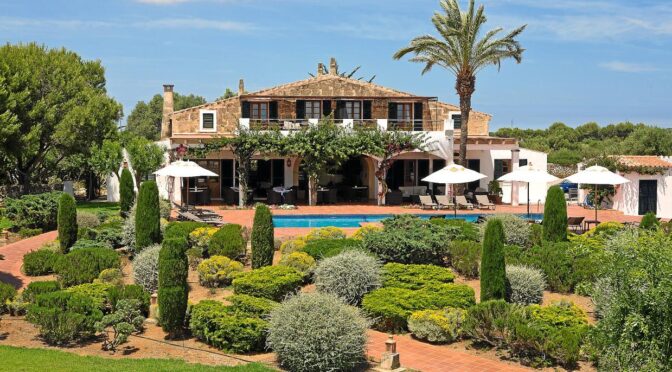Views: 174
The draft Agrarian Law recently published by the Balearic Government could turn against farmers. Promoting economic activities that displace agriculture or removing environmental safeguards that protect soil fertility is not helping farmers—it is using them as an excuse to legislate in favour of other sectors. GOB has submitted objections.
The new text does not respond to the current needs of the agricultural sector. In fact, it seems to abandon the idea of supporting those who produce food and instead aims to use rural land to relocate more real estate and tourism operations.
There are no measures to encourage adaptation to climate change or carbon capture. Nor is there any adaptation of sanitary requirements to the scale of small artisanal producers, any provision for payments for ecosystem services, or any incentives for natural pest control and improved rainwater capture on crops.
The articles move toward a model that avoids controls over activities that are not strictly agricultural, threatens aquifers, and seeks to alter land-use and urban planning regulations.
Urban operations on rural land
The text modifies the conditions of agroestades (farm stays), which until now allowed up to six tourist places only in the house where the farmer was registered. The Government now proposes that it no longer needs to be the farmer’s home, nor even the same house, and that tourist places (increased to 10) could be created in any agricultural building constructed before 2015, which could be enlarged by up to 20% of its original volume. This approach also fails to promote the preservation of valuable architectural heritage.
It would also authorize new constructions in areas at natural risk (floods, fires, landslides, etc.). GOB has requested reconsideration, as this contradicts the principle of precaution and public safety. Economic or agricultural interests cannot prevail over the protection of life and physical integrity.
Article 130 allows the “competent agrarian administration” to totally or partially exempt compliance with urban regulations for agricultural or complementary (including tourist) buildings and facilities. This means being able to bypass restrictions on building area, height, volume, and aesthetic or constructive characteristics.
The draft law goes even further by requiring that territorial, urban, environmental, or economic planning instruments be subordinated to the Agrarian Law.
Water consumption and pollution risks
The draft law seeks to eliminate the requirement for an urban planning licence for new wells — as if there weren’t already enough lack of control in the current situation. It also proposes that reclaimed water should have agricultural use as a preferential destination, but at the same time it states that aquifer extractions would not have to be replaced. In a context of structural water deficit in the Balearic Islands, water reuse should serve to reduce pressure on natural resources, not to increase the total volume of water used.
Equally concerning is the proposal to use sewage sludge without express administrative authorization. Urban wastewater sludge can contain heavy metals, persistent organic compounds, and microplastics, with potentially harmful effects on soil, aquifers, and the food chain.
Urban amnesty in protected areas or on relatives’ land
The First Additional Provision proposes an extraordinary legalization process for buildings located within special protection zones under the Balearic Natural Areas Law. This would be a new urban amnesty—this time within specially protected areas.
In another article (127), the Law also allows the legalization of buildings, new constructions, and facilities on plots smaller than 14,000 m². It would not be necessary for the land to be owned by the agricultural operator, as it could also apply if it belonged to a relative up to the second degree. Thus, the agricultural argument is again used to legalize illegal buildings on someone else’s property.
Reconsidering most of the text
GOB trusts that the Ministry of Agriculture will fully reconsider the draft made public. The numerous objections submitted strongly recommend doing so.
The current draft could become a tool for displacing farmers, creating unfair competition with already regulated activities, and further undermining the survival of the sector responsible for producing food to meet the needs of the archipelago.

